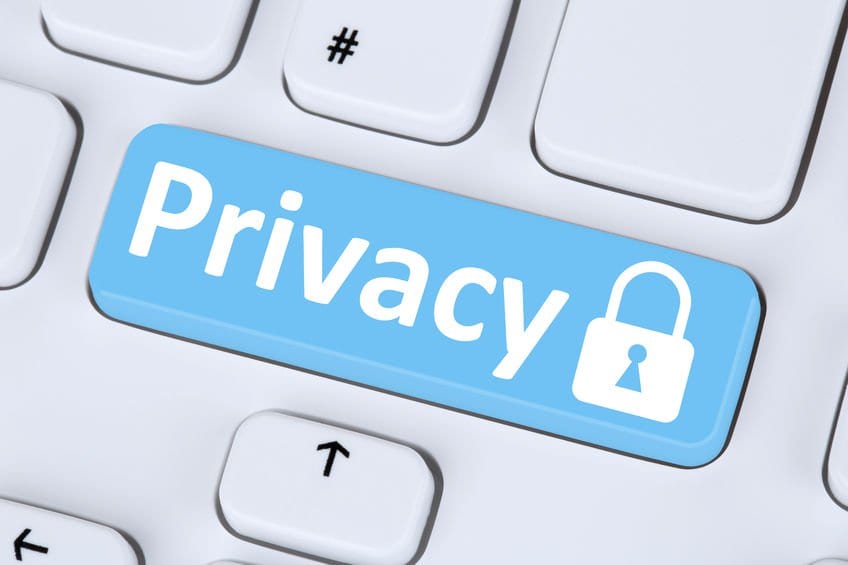The Role VPNs Play in Your Data and Privacy Online
VPNs have always been one of the “trusted” ways to safeguard yourself on the Internet – the essential security tools. In your quest for security and privacy on the Internet, VPNs seem to be the easiest way out. Be it on a public Wi-Fi connection or at work, while browsing privately at home, or accessing sites blocked in your country – VPNs are definitely useful. But how effective are they really? Have you considered the downsides? Are you fully aware of what VPNs can do with your data? It is essential to know that VPNs are not always what they claim to be. Some do more damage than the good they promise.

The Role VPNs Play in Your Data and Privacy Online
There are a large number of VPN services out there that are plain malicious – injecting malware, providing zero encryption, flouting security and privacy of their customers – the very same things they claim to protect.
Your Data is the Actual Cost of a Free VPN
Nothing in the world comes for free – this is a universally known fact. Everything that claims to be free has some hidden price you most often pay unknowingly. In the case of VPNs – a free one is hardly ever recommended. Do you know how the popular VPN Hola works?
It does not use its own servers to route data. Instead, it works on a peer to peer data routing model. So some strangers’ data is actually routed through your personal computer and of course using your IP address.
For any reason should your connection be examined by legal authorities or otherwise, you would never be able to prove yourself innocent of being responsible for an unknown person’s questionable data and actions.
Other VPNs that claim to be safe and free collect and examine all of your data including app usage on your cellphones. Remember the infamous Facebook – Snapchat data war?
They most often than not sell the data to tech giants and data-driven firms who feed on the insights offered to them at a huge cost. Free VPNs are therefore not the best option if you are really serious about your data privacy and security.
How Well Do you Know Paid VPNs and Their Policies?
Paid VPNs are a lot safer than free ones. As a user, it is imperative that you do your research and understand fully about the service you are actually getting, and whether that matches your exact need.
Popular VPN service TunnelBear does not allow you to use legal torrent sites even though it does not clearly mention that you can’t do it. Terms of Service and Privacy Policy of VPN providers are the real factors to what’s actually happening with your data.
Users mostly overlook this aspect but the fine print is where you need to be looking. Since the declaration of GDPR (General Data Protection and Regulation), online businesses all over the world have been pushed into updating their privacy policies, making everything as transparent and pronounced as possible.
How VPNs Affect Security and Privacy
Data logging: VPNs can and they do log your data. Some do it because it is required of them to do so by a restrictive country law, while some might do so because of other reasons.
VPNs that say they don’t log data also might actually be doing it because the law demands maintenance of connection logs. If you have connection or download limits then your data is being logged most certainly. Without this, they would not be able to track limitations.
Payment information: Your basic registration details provided during sign up, your credit card, PayPal, or other financial information filled in during the subscription process, all of this must be collected and stored somewhere at least for some time. Unless you’re using Bitcoin, cryptocurrency, or gift cards it is almost impossible to remain anonymous.
Here are some of the things that VPNs can do with your data:
- They sell your network access to third parties
- They share your email ID with their marketing partners
- They allow display ads, sponsored stories and other ads that are location or data based
- They give access to marketing partners and advertisers to log and track your data
- They can sell your personal data to the highest bidding data-driven companies
Safeguard Your Data and Security by Taking Certain Measures
No VPN is completely foolproof and if you’re out there on the Internet and if you share your personal information it is bound to get out some way or the other. It is your responsibility to protect your sensitive information by being cautious of where, how, and with who you share it.
There definitely are many good, outstanding, and trustworthy VPN networks out there which make it very clear that they do not sell your data. These services make their revenue with display ads and by urging users to upgrade to a paid subscription to reap the benefits of their advanced features.
It is your prerogative to carefully read and understand the privacy policy of your VPN provider, ask for clarity by contacting their customer support, ensure you have a strong anti-virus installed on all your devices and of course seek out reliable reviews of the VPNs.





